Learn about the eligibility criteria and fee structure for the B.Sc. Cardiovascular Technology course, making your educational journey in cardiovascular healthcare accessible.
Eligibility & Fee Structure for Bachelor of Science (B.Sc.) Cardiovascular Technology Course
The Bachelor of Science (B.Sc.) in Cardiovascular Technology is an undergraduate program designed to prepare students for careers in the field of cardiovascular care and diagnostic technology. It equips students with the knowledge and skills necessary to assist healthcare professionals in the diagnosis and treatment of cardiovascular diseases. If you're interested in pursuing a B.Sc. in Cardiovascular Technology and considering such a program, it's essential to understand the eligibility criteria for admission and the associated fee structure. This comprehensive guide provides insights into the eligibility requirements and financial considerations for prospective students.
Eligibility Criteria for B.Sc. Cardiovascular Technology
Eligibility criteria for B.Sc. Cardiovascular Technology programs may vary from one institution to another. However, there are common requirements that most programs share. Here are the key factors to consider:
-
Educational Qualifications: Candidates should have successfully completed their high school education (10+2) or its equivalent from a recognized board or educational institution. Typically, a high school diploma or equivalent is required.
-
Minimum Marks: Many universities or colleges establish a minimum marks requirement for admission into their B.Sc. Cardiovascular Technology Programs. Candidates are often required to have a minimum aggregate score in their high school or equivalent exams to be considered for admission. The specific percentage or grade point average (GPA) required may vary by institution.
-
Subject Prerequisites: Some programs may mandate that candidates have taken specific subjects in high school, such as biology, chemistry, physics, or mathematics. A strong foundation in science-related subjects is often preferred.
-
Entrance Examinations (if applicable): Some institutions may require candidates to take entrance examinations or tests that assess their aptitude for healthcare sciences and technology. These exams may include sections on biology, chemistry, and physics.
-
Language Proficiency (if applicable): Proficiency in the language of instruction is essential, as B.Sc. Cardiovascular Technology programs often involve communication with patients and healthcare professionals. Candidates may need to demonstrate their language proficiency through standardized tests or interviews, especially if they are non-native speakers.
-
Interview (if applicable): Some institutions conduct interviews to assess the candidate's motivation, communication skills, and suitability for a career in cardiovascular technology.
Prospective students should carefully review the admission requirements of the specific programs they wish to apply to and ensure they meet all the necessary prerequisites.
Fee Structure for B.Sc. Cardiovascular Technology Programs
Understanding the fee structure is crucial for prospective students to plan for the financial aspects of their B.Sc. Cardiovascular Technology education. The fee structure for these programs can vary widely based on several factors, including the institution, program duration, location, and whether it is a government-funded or private institution. Here are the key components of the fee structure:
-
Tuition Fees: Tuition fees cover the cost of instruction, access to healthcare facilities, faculty expertise, and academic resources. The amount of tuition varies depending on the institution and whether it is a government-funded or private institution. Public institutions may offer lower tuition rates to local residents.
-
Registration Fees: Most universities or colleges charge a one-time or annual registration fee to cover administrative expenses related to enrollment.
-
Course Materials: Students may need to purchase textbooks, lab manuals, and specialized equipment or supplies for their coursework. The cost of course materials can vary.
-
Clinical Training Fees: Some institutions include fees associated with clinical training and internships as part of the fee structure. These fees may cover liability insurance, clinical supervision, and related expenses.
-
Professional Association Memberships (if applicable): Some programs may encourage or require students to become members of professional cardiovascular technology associations, which may have associated membership fees.
-
Certification Exam Fees (if applicable): Some programs prepare students for industry-recognized certification exams. Candidates may need to pay exam fees separately to sit for these exams.
-
Additional Expenses (if applicable): Depending on the program, students may have additional expenses related to transportation to clinical sites, uniforms, and safety equipment.
-
Financial Aid and Scholarships: Some institutions offer scholarships or financial aid to students pursuing a B.Sc. Cardiovascular Technology Programs. Eligibility for these financial aid options may vary by institution.
 3 Years
3 Years
 Under Graduate
Under Graduate
 Science
Science
 Full Time
Full Time
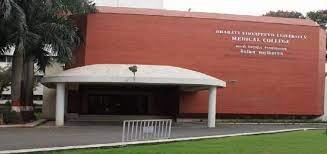
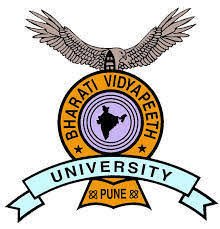
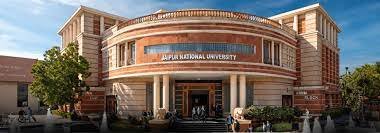
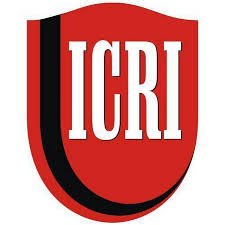
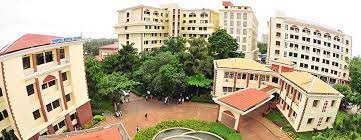
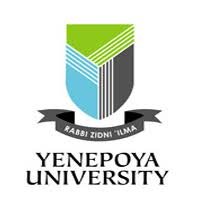
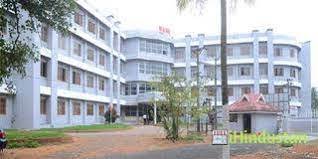
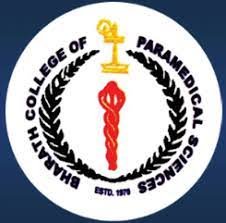
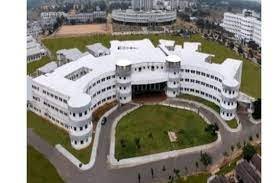
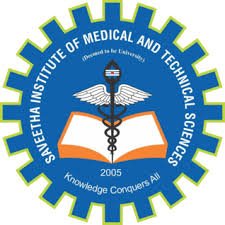
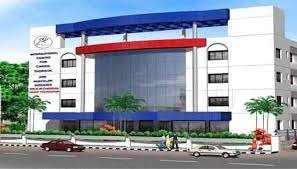
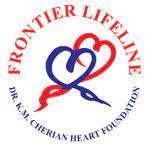
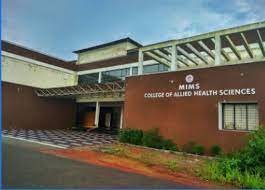
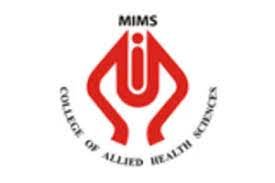

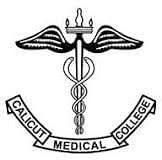

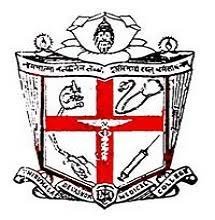
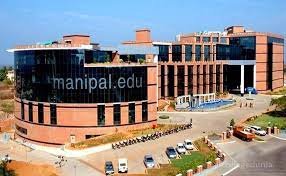


 back
back

